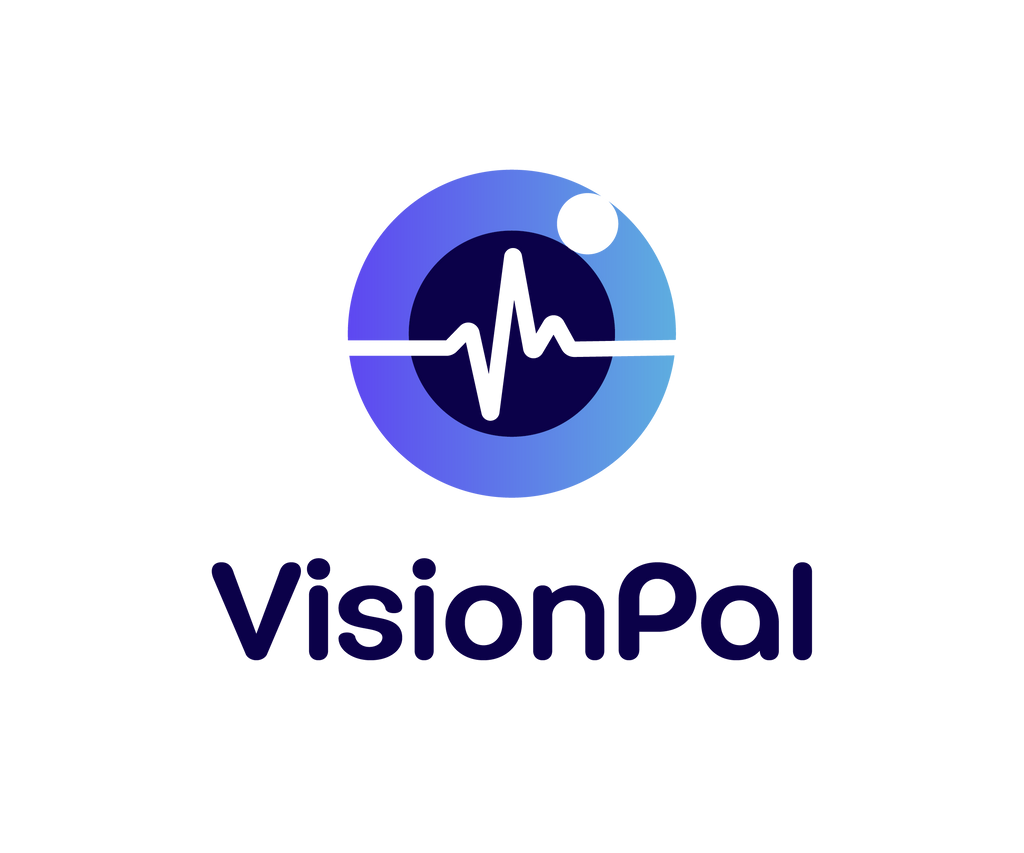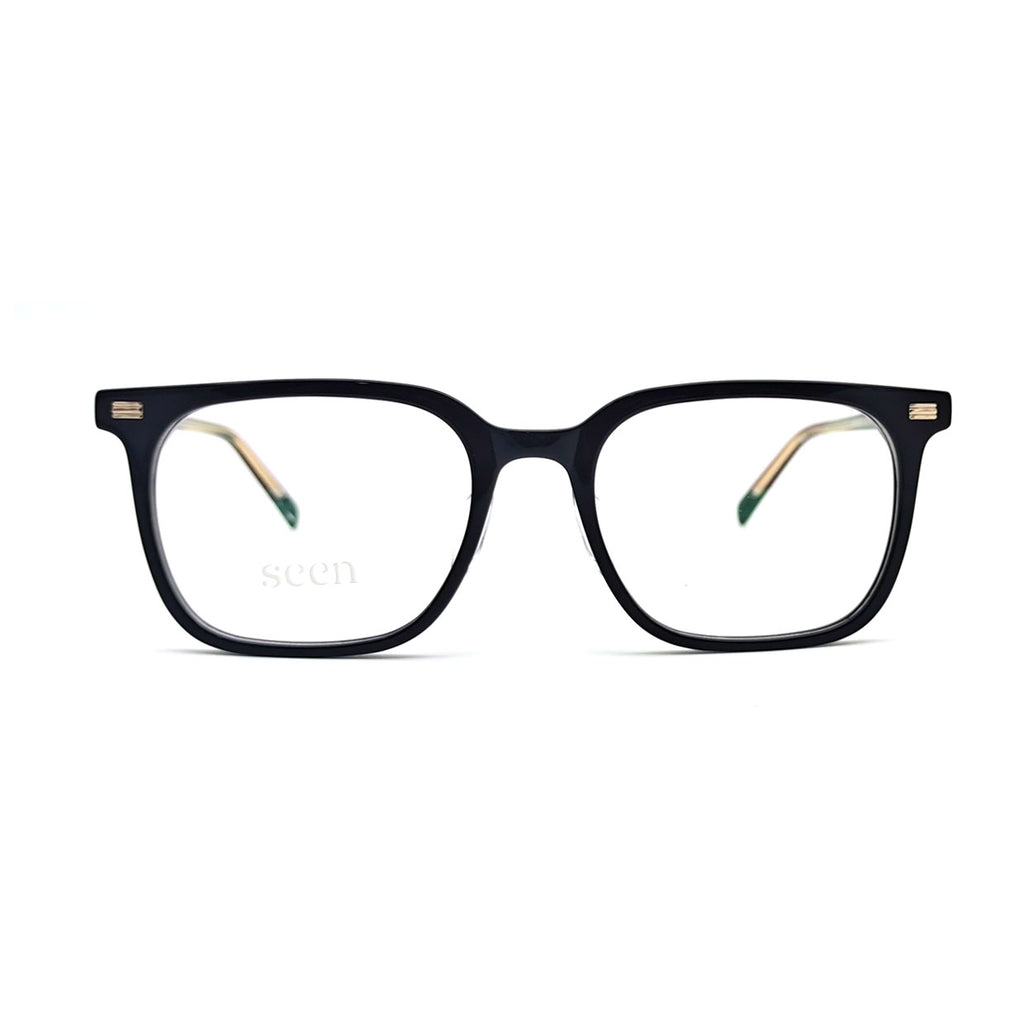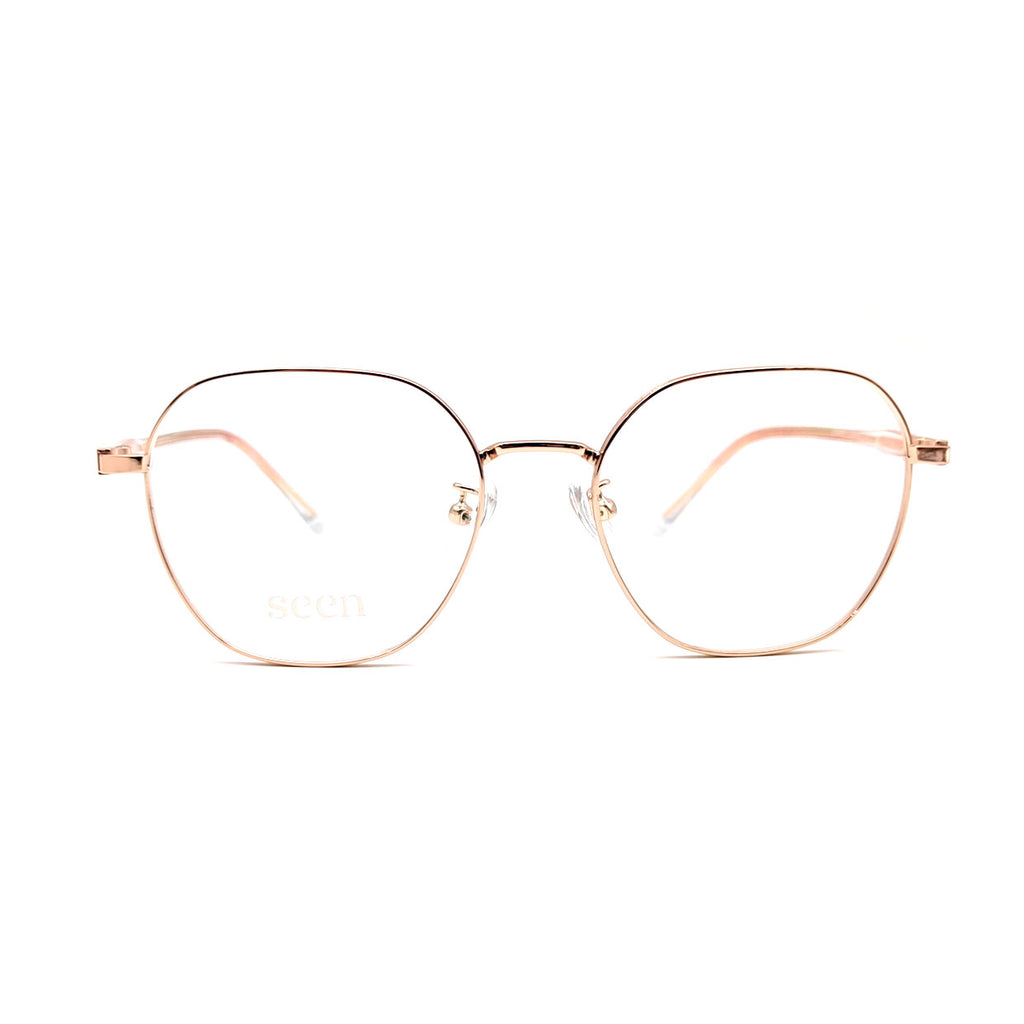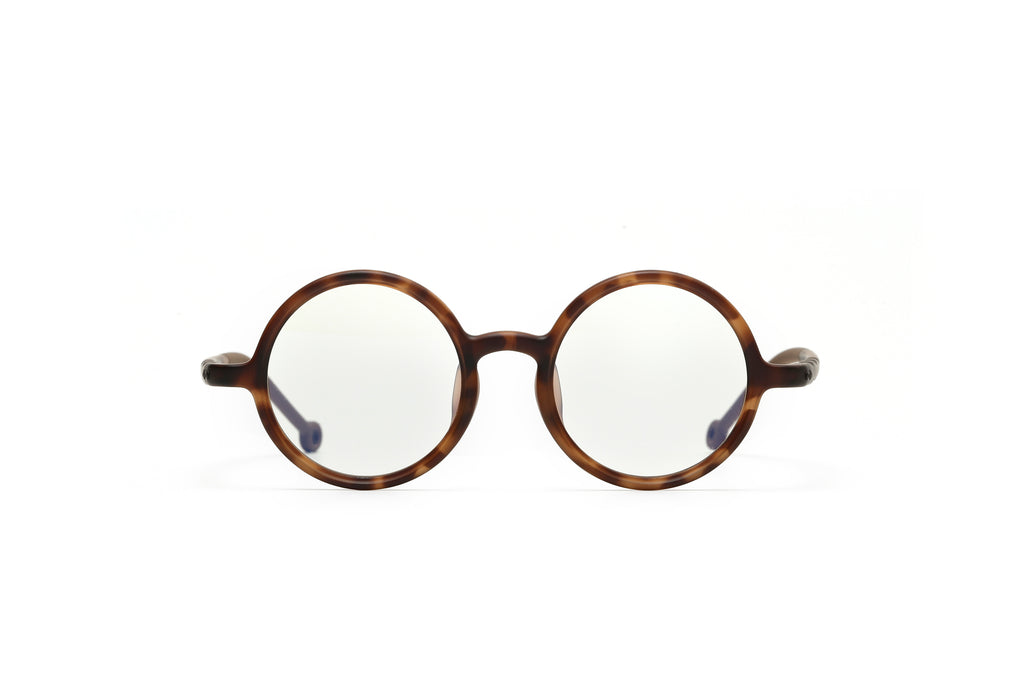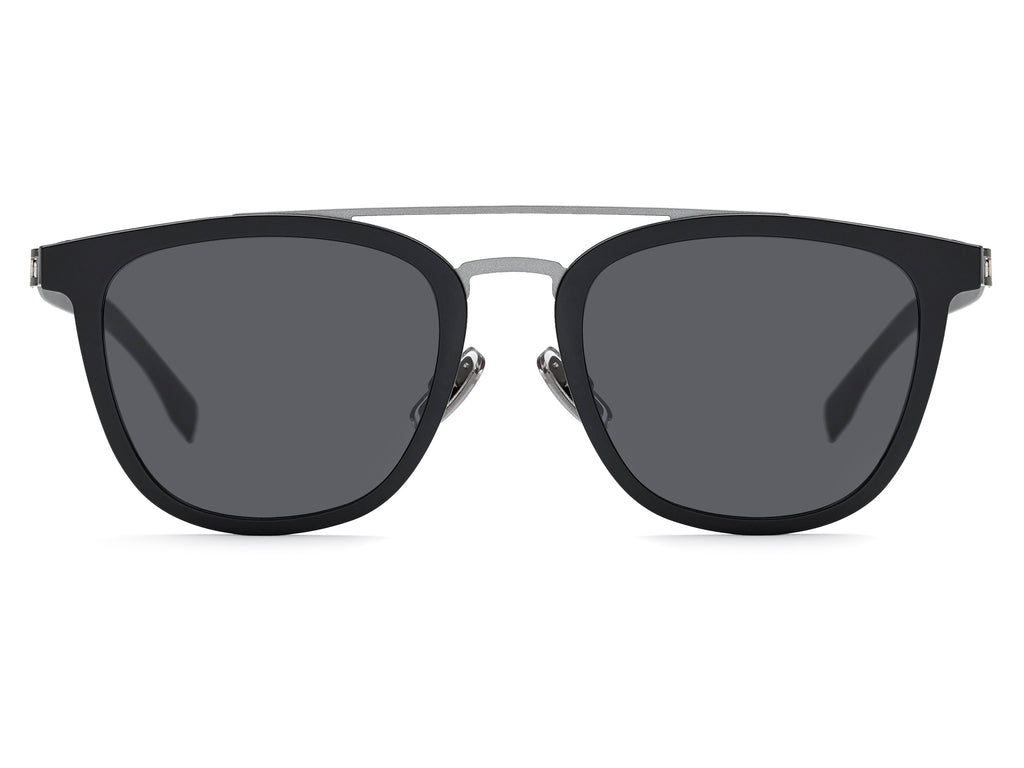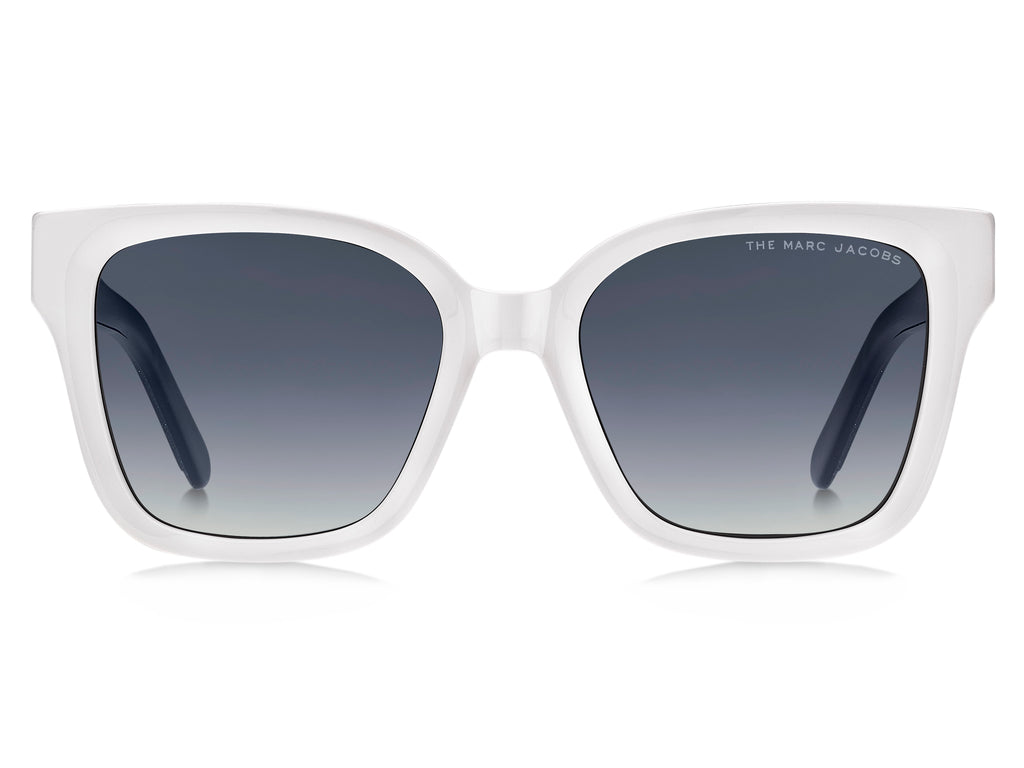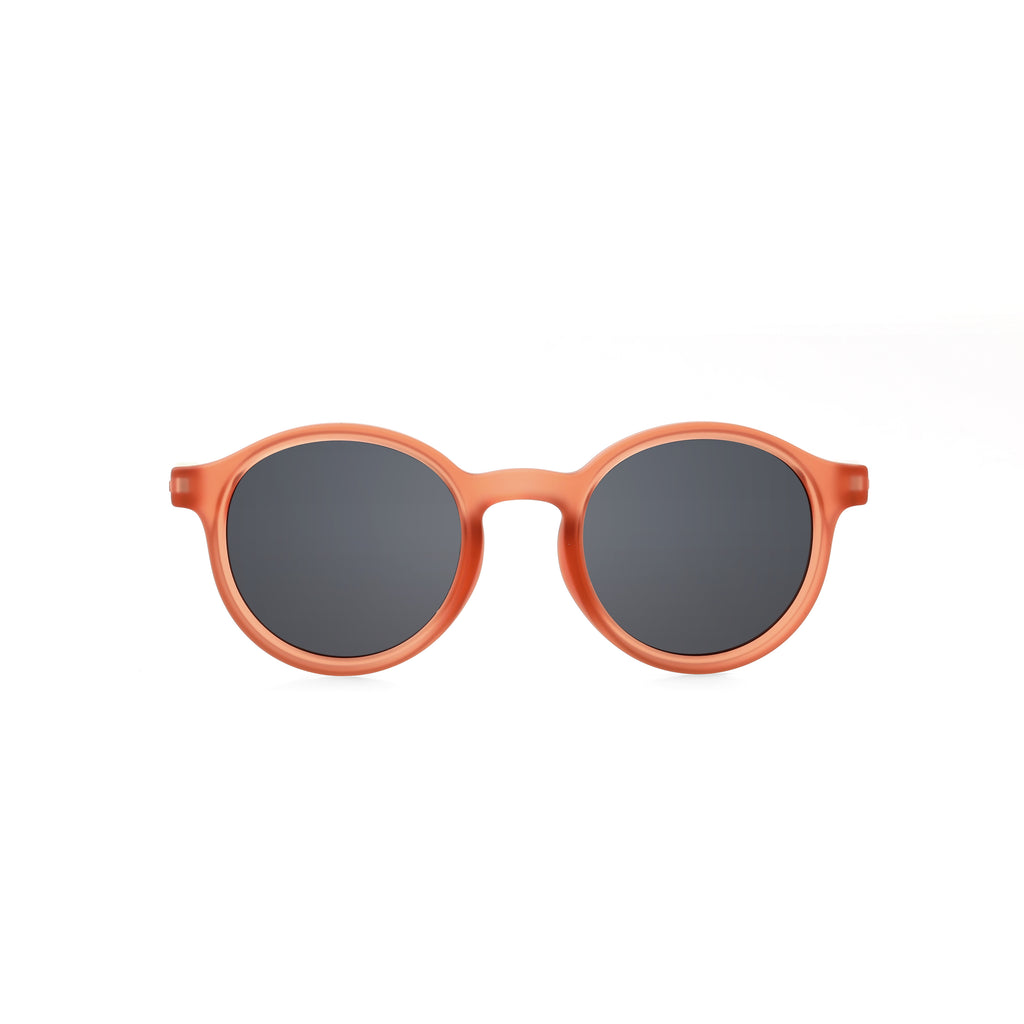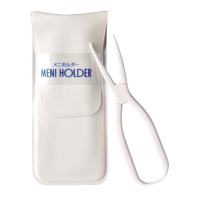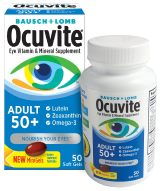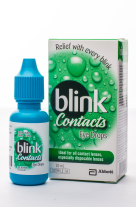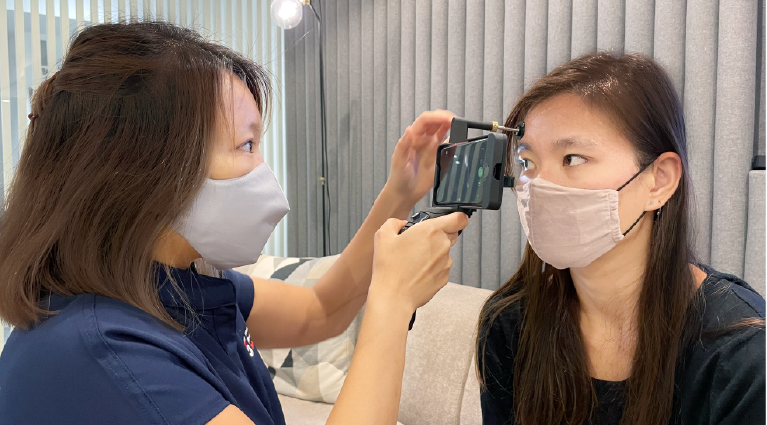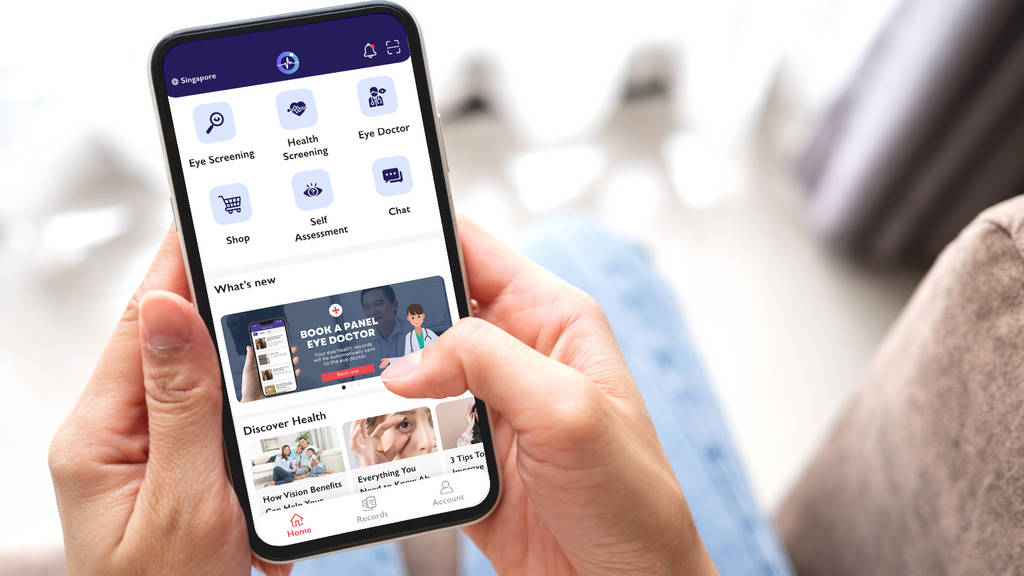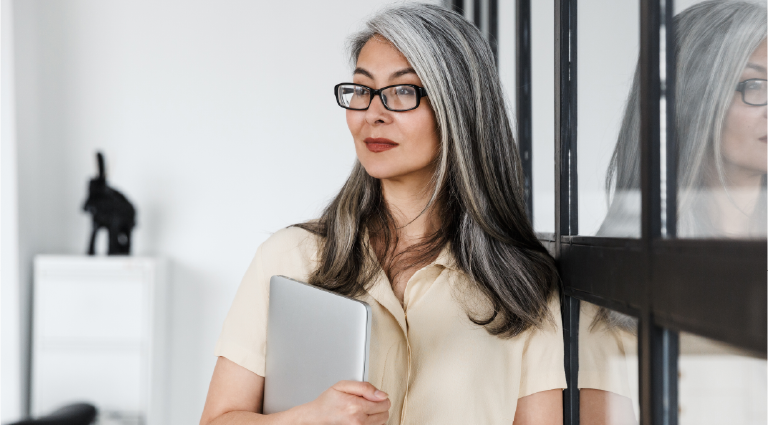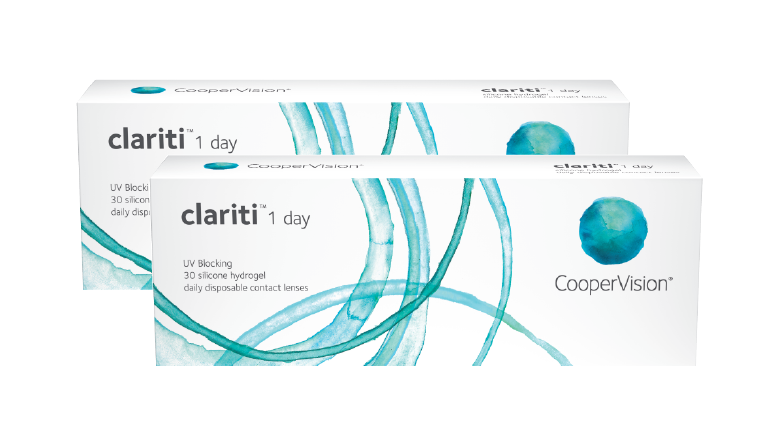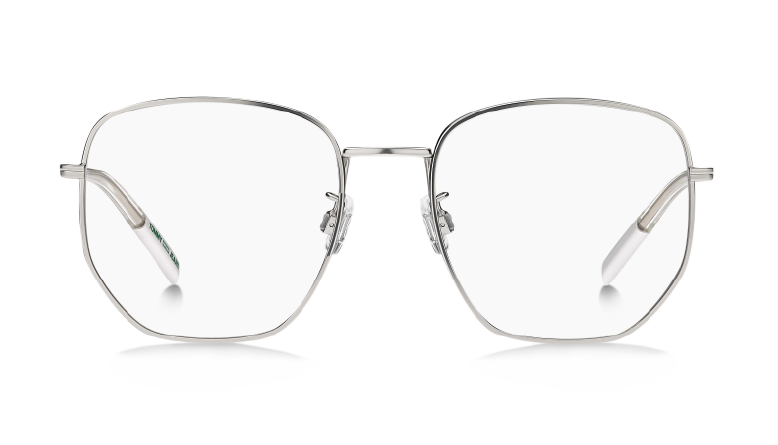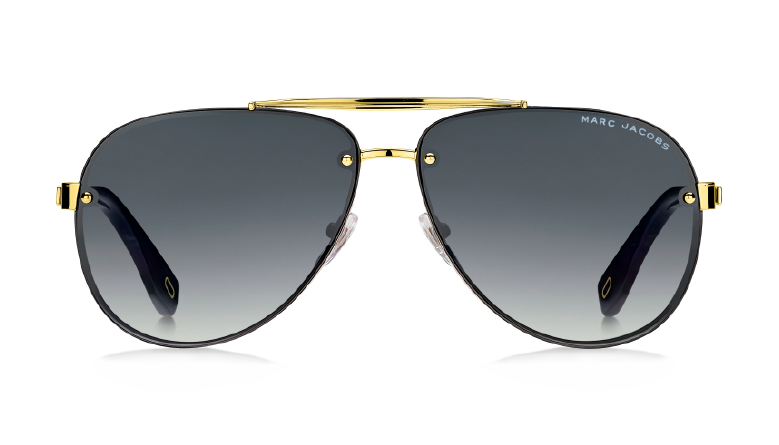
Blue Light Blocking Glasses: Do They Really Work?
The allure of blue-light-filtering glasses is undeniable. They promise a simple solution to combat the fatigue that sets in after hours of scrolling on your phone or staring at a laptop screen. These glasses claim to protect your eyes from the potentially harmful effects of blue light. But do they live up to their promises? In this article, we will explore the science behind blue light, its impact on sleep, and whether blue light blocking glasses are a worthy investment.
Understanding Blue Light:
All visible light comprises the entire spectrum of colors, from red to violet. Within this spectrum, we find blue light waves, which play a role in keeping us alert and in a positive mood. Blue light is emitted by various sources, including the sun, touchscreens, and light bulbs. We are naturally exposed to blue light during the day, but artificial sources can extend our exposure well into the evening.
Blue Light and Sleep:
The relationship between blue light and sleep is a complex one. When natural light decreases in the evening, our bodies begin producing melatonin, the hormone responsible for inducing sleep. Blue light exposure after dark, especially from screens, delays melatonin production and keeps us alert. However, blue light can also help regulate our circadian rhythm when used strategically.
Tech and Blue Light:
The shift to LED technology in screens, such as smartphones, tablets, and TVs, has introduced a significant amount of blue light into our daily lives. Even devices with LCD screens, like laptops and older iPhones, still employ LEDs for backlighting.
Is Blue Light Harmful?
The harm associated with blue light remains a subject of debate. The American Academy of Ophthalmology suggests that the blue light from screens is unlikely to cause eye damage, as we are exposed to far more blue light from the sun during the day. However, research collected by the AOA indicates that prolonged exposure to blue light, such as sitting in front of a computer all day, may potentially damage the retina.
Prevent Blindness, a nonprofit organization focused on vision health, suggests that early research points to blue light contributing to eye strain.
Blue Light Blocking Glasses:
Blue light blocking glasses are designed with lenses that filter or absorb blue and, in some cases, UV light. These glasses aim to reduce exposure to blue light waves that can interfere with sleep, especially when using screens after dark. Many of these glasses also claim to alleviate eye strain. They are typically recommended for daytime use while working in front of a computer and at night to counteract the sleep-disrupting effects of screen-based blue light.
Should You Invest in Blue Light Blocking Glasses?
The decision to invest in blue light blocking glasses depends on your lifestyle and specific needs. If you regularly use screens well after sundown and struggle to fall asleep, these glasses may help regulate your sleep patterns. However, if you experience digital eye strain, there's a simple exercise worth trying before investing in new glasses: the 20-20-20 rule. Every 20 minutes, take a 20-second break to look at something at least 20 feet away. This exercise can help alleviate eye strain by allowing your eye muscles to relax.
If you find that blue light blocking glasses aren't the right fit for you, fret not; there are expert-recommended strategies to alleviate digital eye strain and promote overall eye health. Here are some valuable tips to consider:
- Lubricate Your Eyes: Prolonged screen time can lead to reduced blinking, causing your eyes to dry out more easily. To counter this, experts suggest using lubricating eye drops three to four times a day. Dr. Joshua Ehrlich, an assistant professor of ophthalmology and visual sciences at the University of Michigan, even recommends applying artificial tears before you begin your computer work to prevent that gritty, sandy sensation.
- Reduce Glare: Eye strain isn't solely caused by the light emitted from your screen; reflections and glares within your environment can be equally taxing on your eyes. Ensure that your computer is positioned to minimize reflections from light sources, windows, and glass doors.
- Optimal Placement: The placement of your screen plays a crucial role in reducing eye strain. Keep the center of your screen just below eye level. If you're experiencing discomfort, try moving your computer farther away from you; the ideal range is generally around 20 to 30 inches from your head. This advice applies to smartphones as well, as holding your phone too close to your face can strain your eyes. Aim to hold it at least 16 inches away.
- Seek Professional Help: If digital eye strain persists despite these strategies and solutions, it's advisable to consult an eye specialist. Consistent discomfort in your eyes is not something to ignore, and a professional assessment can provide tailored guidance.
- Sleep Quality: In the context of sleep, it's crucial to prioritize quality rest for the sake of your eye health. Some modern smartphones come equipped with features that automatically adjust screen tones to warmer hues during the evening, contributing to improved sleep quality. Additionally, applications like F.lux, endorsed by the American Academy of Ophthalmology, empower users to modify screen colors at night, diminishing the impact of blue light. These tools work together to enhance the quality of your sleep, ultimately ensuring your eyes are well-rested and ready for the challenges of the day.
Conclusion:
While the efficacy of blue light blocking glasses may vary from person to person, they can be a valuable addition to your daily routine if you find yourself constantly exposed to screens well into the night. As for the author, personal experience suggests that these glasses do help reduce eye fatigue after prolonged screen use. Ultimately, whether or not to invest in blue light blocking glasses comes down to your individual needs and preferences.
Discover the future of eyewear with VisionPal's latest collection of SEEN eyeglasses. Whether you're looking for style, comfort, or protection from blue light, our new range has it all. Don't miss out – explore our cutting-edge eyeglasses today and experience a clearer, more stylish tomorrow. Visit our website now to check out the latest collection!
In same category
What is Arcus Senilis also know as Cholesterol Rings ? : A Sign of Aging Eyes
From Metal to Wood: Finding the right pair of glasses
Discover the World of Eyewear Materials: The seemingly simple choice of eyewear frames goes beyond mere aesthetics, profoundly influencing our daily lives in terms of...
The Future of Eye Screenings: VisionPal Studio's Approach to Preventive Eye Care
VisionPal is revolutionizing the world of eye care with the launch of its innovative studio on the 9th of March 2024. Offering a unique blend...

